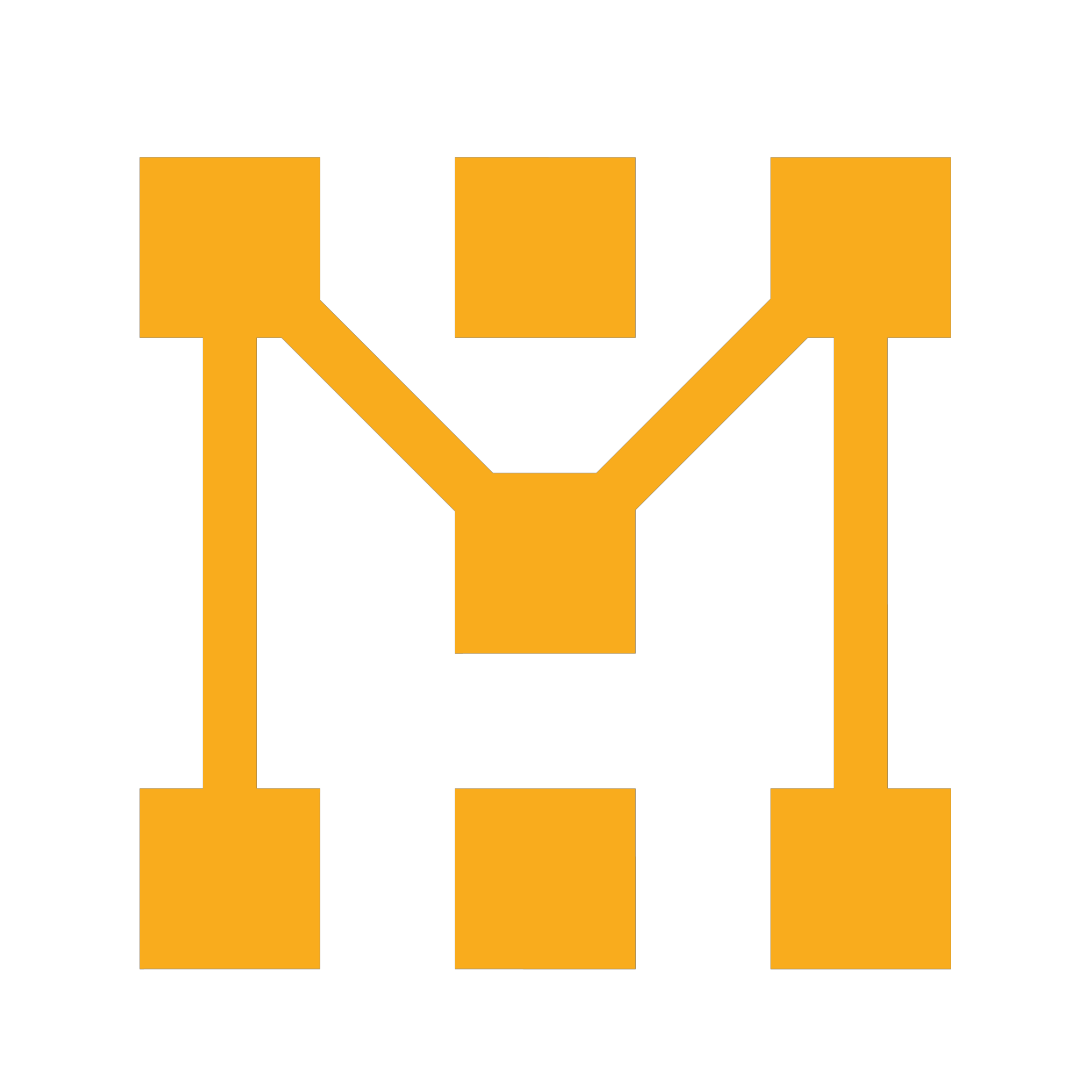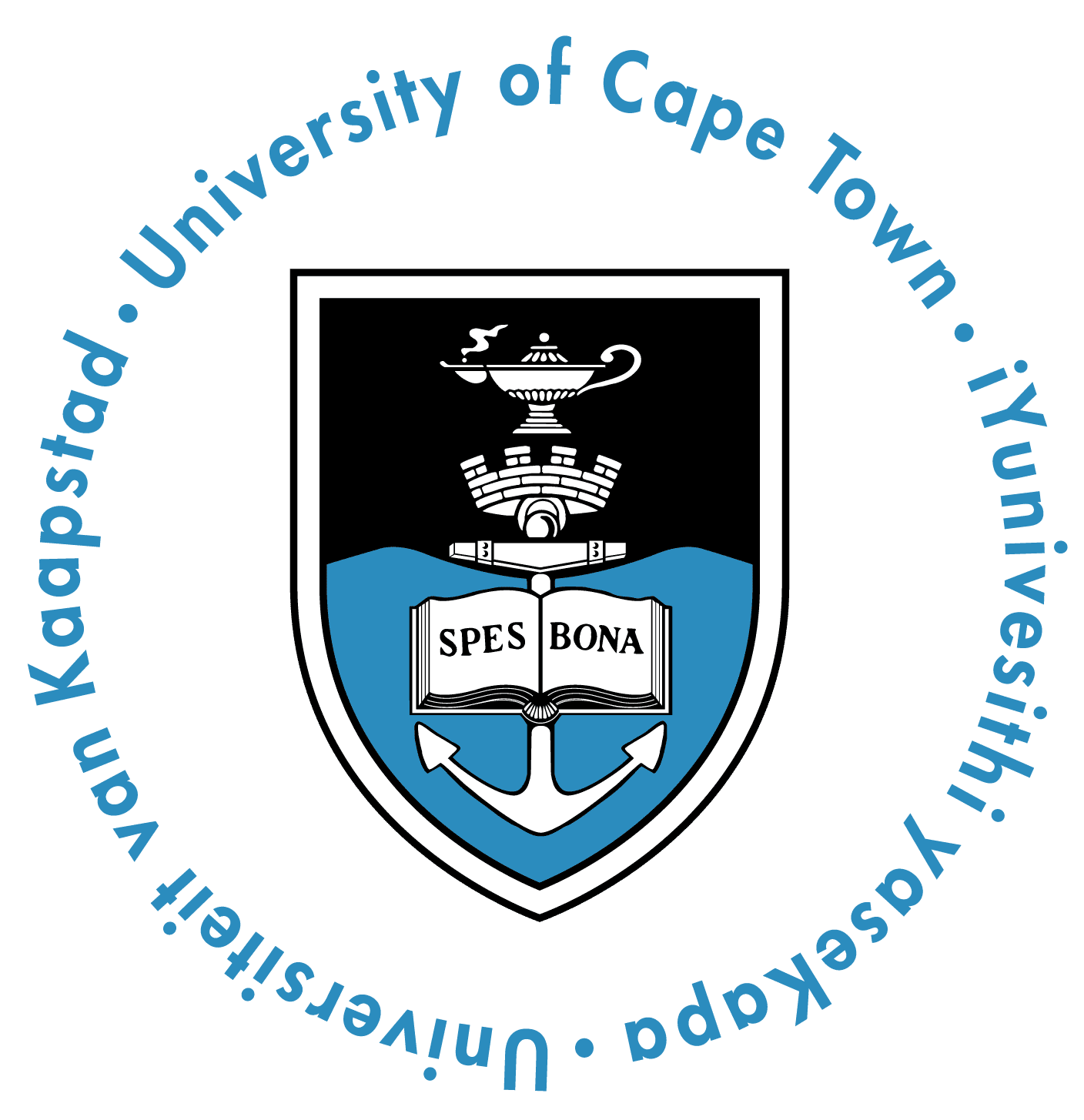Food, food products, crops and flowers are living matter of which the quality is continuously affected by (bio)chemical, physical and microbiological influences. On the other hand, human activities and decisions are a key factor that affect production processes. In the past few decades food quality has gained importance in global and local markets as consumers have put more and more emphasis on the safety and health aspects of food while solely maximizing production became less of a priority for companies.
In other words, there has been a shift from production-oriented to consumer-oriented thinking. Modern quality indicators and sustainable production methods are of huge importance as they impact the competitiveness of companies more than ever. As a consequence, production processes have reached higher levels of complexity and interdependence. Considering all this, how can we best deal with current and future challenges?
Bridging disciplines and combining knowledge
Having knowledge of both the food, and social/legal sciences is essential for understanding the complexity of today's supply chains and its management. In order to deal with these complexities, the Food Quality Management programme embraces a multidisciplinary approach centered around the TM (techno-managerial) model.
Techno-Managerial model
The Techno-Managerial model (shown below) stresses that having technical
expertise as such does not necessarily lead to more productive results or
better cooperation between staff. When management and technical staff are unable to communicate with other staff and vice versa, this might even negatively affect production processes. Effective communication between employees is key and therefore "mediators" are essential to bridge the gap between the technological and the managerial aspects.
TMModel3.jpg
It is exactly these kinds of professionals, with expertise in the field of the food sciences and human behaviour, that are trained in our MSc programme. Troughout the curriculum an integrative, multidisciplinary approach of technological and management knowledge in relation to food quality is used to provide students with the necessary, much needed academic and practical skills to become successful in this field.
Study programme
During the first year of the programme, students follow 60 ECTS of courses. These courses are divided into the 6 periods that make up an academic year at Wageningen University. Typically, during periods 1, 2, 5 and 6 students follow two courses (one course in the morning and one in the afternoon) and six weeks of classes are followed by a week of self study that culminates in an exam week. Meanwhile, periods 3 and 4 last for 4 weeks and only allow for one full day course, the exam takes place in the 4th week.
The second year is divided into a thesis (36 ECTS) and an internship (24 ECTS). The topics of the thesis and internship are required to be within the scope of the specialization. A thesis is carried out at Wageningen university. The internship is a unique learning opportunity, where you can apply your academic skills in a professional environment, it always takes place outside of Wageningen University and can be in any country, at a university, a company or an institute. The internship is not necessarily related to the thesis.
A few examples from the field
One of the aims of the thesis and internship is the chance to work on a real problem and in the end giving recommendations for its solution. This way, you can see the problems we are facing up close, and you can already make some impact by helping to solve those problems. Some examples of previous students can be found below!
Meat production and contamination - how personnel can harm quality
A meat company faces a very serious issue: its meat products are contaminated with plastic residue. Starting with a literature review, all
aspects of quality control, quality behaviour and technological factors
affecting food safety of meat products are examined. As a result, a framework is constructed which suggest that human behaviour stands out among the plausible causes of the contamination.
Interviews are set up with employees and complemented by observations and protocol checks on completeness and workability. Together they help to create a better understanding of the dynamics on the
work floor. Finally, the causes of the contamination become clear: the company uses several procedures but fails to stimulate employees to commit to them. The following recommendations were given: the workfloor procedures as such should be improved, and the company should invest in its employees to better comply with the procedures.
Is what we buy in one EU country the same as in all the
rest?
The quality and safety of the products we buy are among their most important features. Still, due to differences in legislation, product and process characteristics, it turns out that we do not buy the same dairy product if we go from one European country to another. This fact is revealed by microbiological analysis of the content of dairy products in
several countries. Case studies of national food safety authorities in these
countries show the existence not only of different regulations, but also
differences in responses to food safety legislation and food safety management systems. Consequently, a problem is detected and one way to resolve it is by doing hazard analysis and by comparing critical control points in the dairy chain plus equalizing the documentation.
What are the critical points of Spanish and Dutch truss
tomatoes?
The quality of a tomato is predefined by its colour and firmness. These attributes that can be affected by different factors like temperature conditions during transport and storage, the cultivar used or the relationships between chain actors. One way of looking and determining the critical points is studying the literature on quality attributes of tomatoes, consumer expectations, logistics and the dynamic behaviour of the tomato. Apart from that, an experiment was conducted where tomatoes were stored at different temperatures and evaluated during several weeks. The results showed data related to the tomatoes' biological variation. Afterwards, a couple of scenarios about time and temperature related to harvest, storage and transport activities were established. These scenarios show which factors could influence the acceptance period and can be seen as a critical point in the chain.
Do food safety management systems work well in the seafood industry in the Philippines?
Microbiological safety is a problem for the seafood industry in the Philippines, which lead to notifications and refusals of products. The
companies have their own systems translated from acknowledged standards and guidelines for assuring safety. By using scientific literature and expert’s observations, the effectiveness of their system was estimated. This was done through crucial control activities explored in a survey. The survey showed that employee’s technical knowledge and skills are to be enhanced, equipment and facilities are to be upgraded and specific procedures for maintenance, sanitation and assurance system to be improved.
Traceability systems in the fish supply chain: a case study of Tanzania
Owing to the fact that the fish processing industry has no specific requirements on a traceability system, each and every manufacturing company chooses its own preferred way to do that. This project started by reviewing track and tracing systems, elements of traceability systems, traceability objectives and strategies, product and process characteristics of food chains and fish products, organization characteristics and working conditions in food industries. As a result, a barcode based traceability system or a RFID based traceability system was proposed as the best one to be used in practice followed by a total quality management system. This stemmed from a preference for commitment to quality and traceability by top management.
Show less













